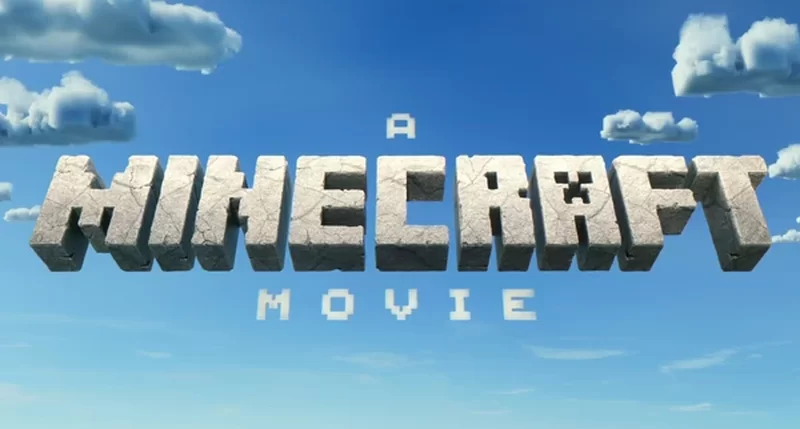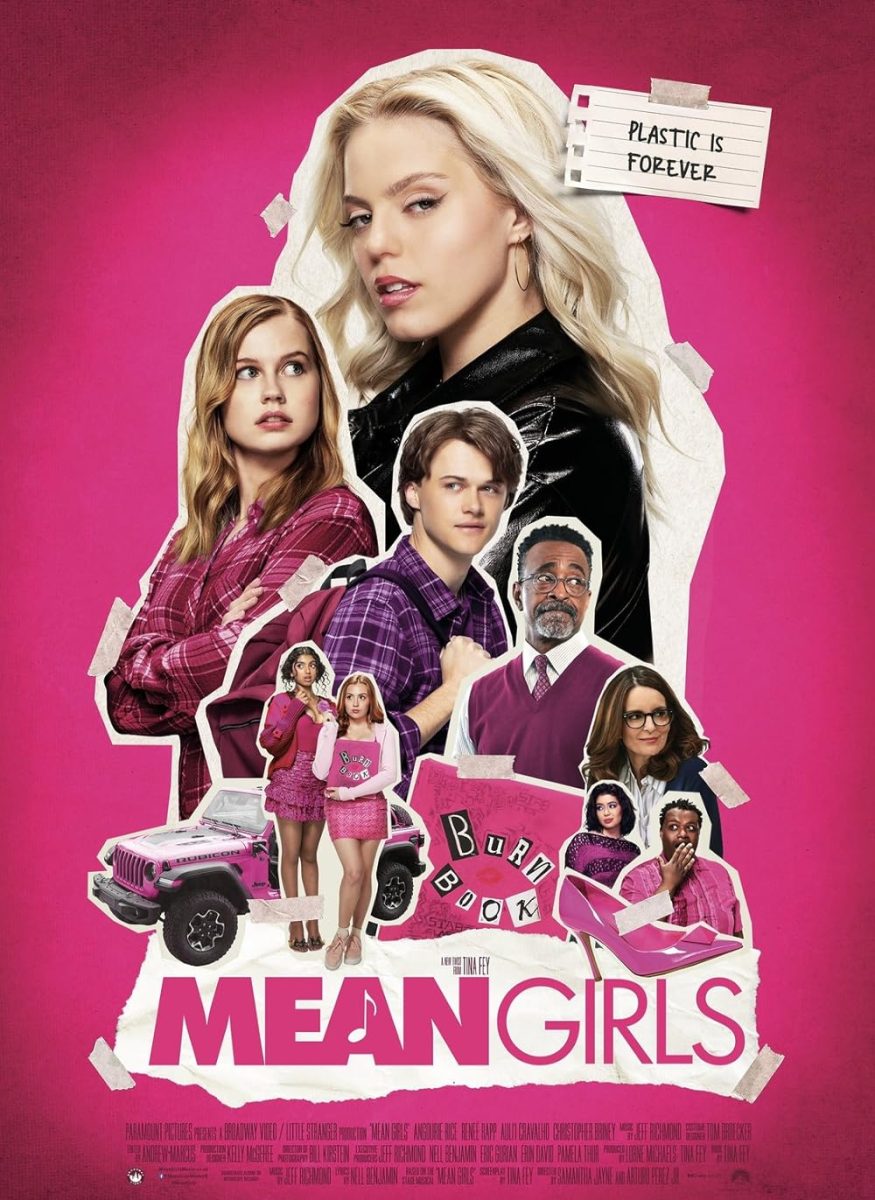On November 8th, 1979, Monty Python’s Life of Brian was released and was almost immediately lambasted by fundamentalist Jews and Christians alike. People protested at movie theaters where it was playing. The film was banned in Norway and Ireland and suppressed throughout the United Kingdom. Outlawing also reached the US, causing angry Christians to picket outside The Burbank Studios in L.A., claiming Warner Bros. were agents of Satan.
The cause? A movie set in ancient Jerusalem and follows an ordinary man named Brian, who gets mistaken for the Messiah while trying to fight against the Romans. Jews and Christians heavily protested the film, saying it was lewd (referring to a shot where the main actor’s penis can briefly be seen) and that it made light of the death of Christ, as Brian gets crucified at the end of the movie due to his accidental religious following.
Since the 1970s, Biblical epics as films have waned slightly in popularity. The Book of Clarence (2024), however, attempts a new spin on a story of someone adjacent to Jesus that seems reminiscent of The Chosen, a recent faith-based television series that also puts a spin on historically white-washed Biblical stories.
It follows Clarence, who is played by LaKeith Stanfield, a man living in Jerusalem in 33 AD. He is an atheist and detests his twin brother Thomas the Apostle, also played by Stanfield, for leaving him and their lone mother to fend for themselves while he joins Christ’s Apostles, worshiping a God that Clarence does not think exists. While in an opium den with his two friends Elijah, who is played by RJ Cyler, and Barabbas, another Bible character, played by Omar Sy, Clarence gets the brilliant idea to fake miracles and preach as the new Messiah to get some cash, as well as pay back the local loan shark Jedediah the Terrible, who is played by Eric Kofi-Abrefa.
The Book of Clarence features an all-Black cast portraying the Israelites, including Jesus and his disciples, while the Romans are played by white actors. This admittedly lends itself to some interesting scenes that parallel real sentiments related to the Black Lives Matter (BLM) movement and Black oppression. Clarence and his friends get stopped several times by Roman centurions who demand to see their identification papers, an example of needless harassment and distrust of Black people by police. Clarence’s eventual trial, held by Pontius Pilate, who is played by James McAvoy, involves him being forced to attempt to walk on water. If he succeeds, he will be proven as the Messiah and sentenced to be crucified; but if he fails, Pontius may just let him drown.
This can reflect how Black people, especially African Americans, can often get trapped in a racially biased justice system and forced to navigate convoluted legal systems where a positive outcome is not guaranteed. Clarence is just trying to make enough money to get by and take care of his mother, and for that, he is tried and sentenced to death because of his means.
For as much commentary as this movie attempts, however, certain aspects hold the commentary back from being impactful. For as much as I like LaKeith Stanfield, I was honestly a little disappointed with his performance in this movie. I will give him the benefit of the doubt that he does play two different characters, but I feel like the characterization for both could have been even deeper and shown the differences between the two characters and why their relationship as brothers fell apart.
Stanfield takes the script a little too lightly, except for the last “book” where he gets crucified (which, I suppose, is the point where the story gets serious). Even though Clarence is supposed to be a bit of a charlatan who doesn’t take things too seriously, I still felt Stanfield was letting the writing do the heavy lifting up until that point instead of embodying the character more. This movie is also not very funny, although there are a couple of good jokes. Mainly, they kept repeating the same formula for a joke where a character (most often Clarence or Elijah) would react to something that happened with a really out-of-place ad-lib that sticks out among all the other (basically) period-accurate dialogue.
Although it tends to drag a bit, The Book of Clarence is an admittedly fun, interesting take on the story of Jesus and his miracles that will hopefully open the door for more creative liberties to be taken with Bible movies.















